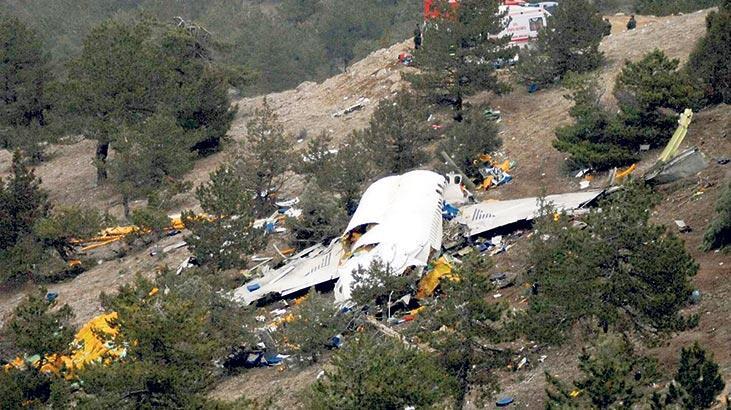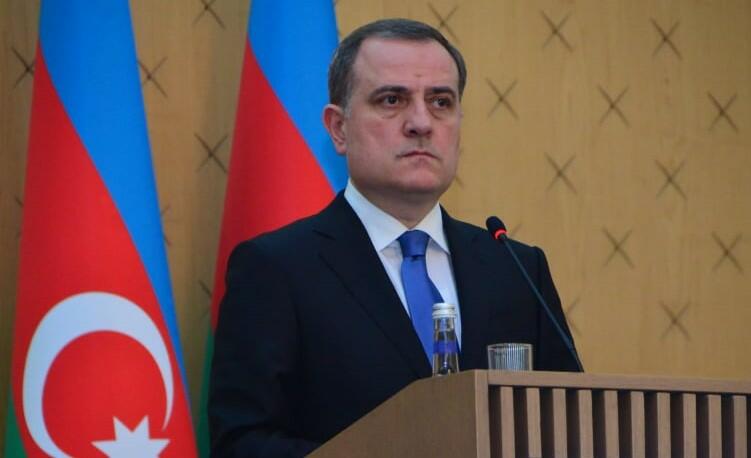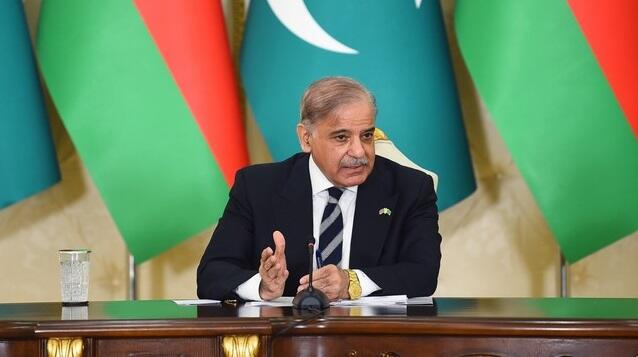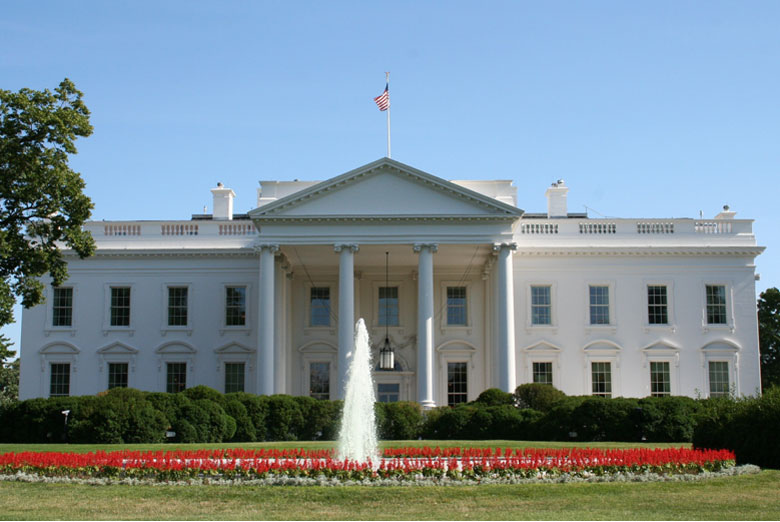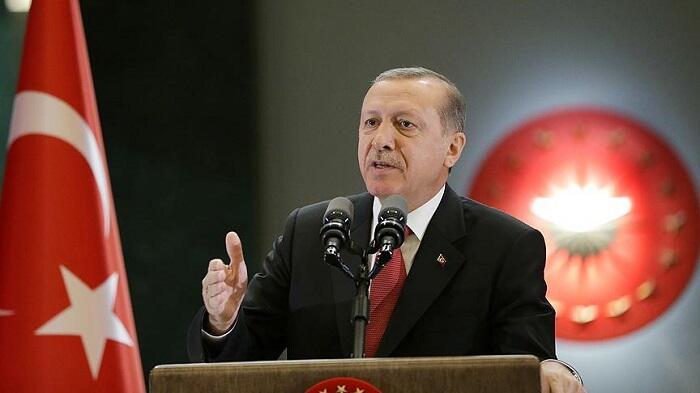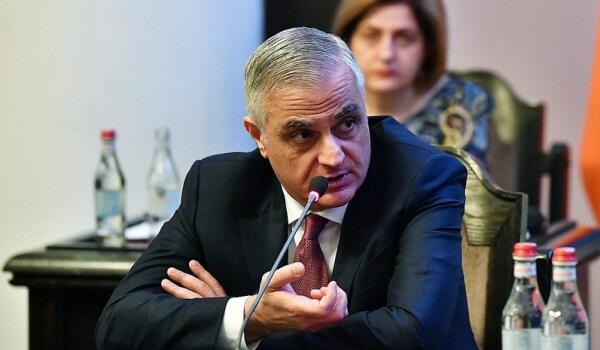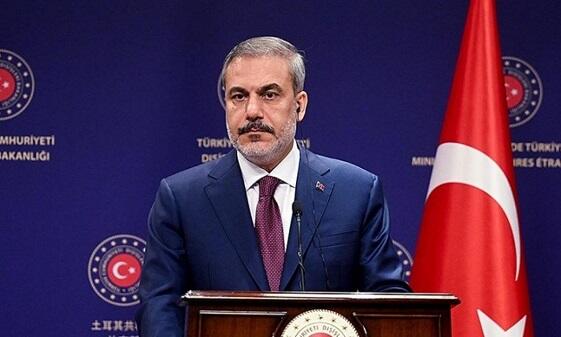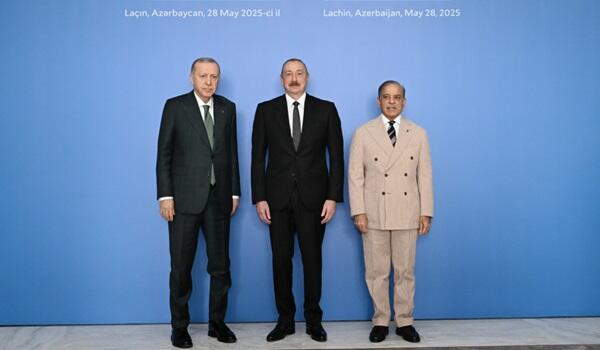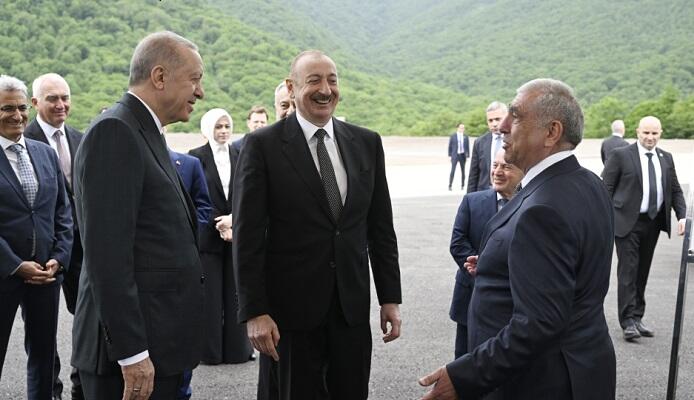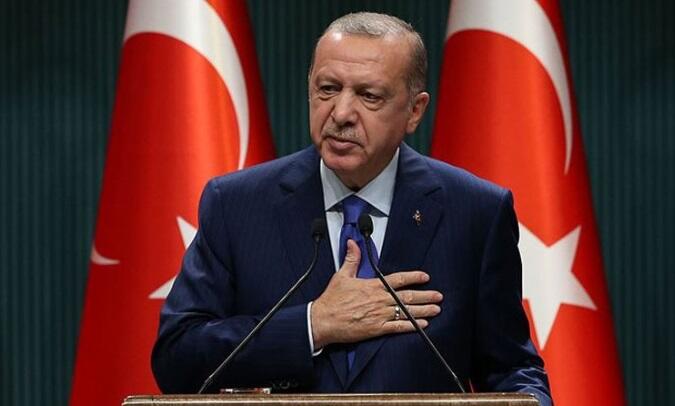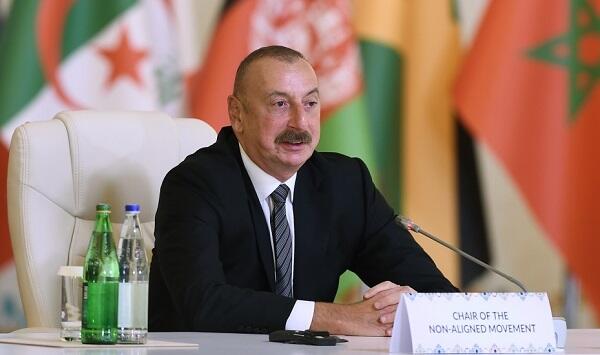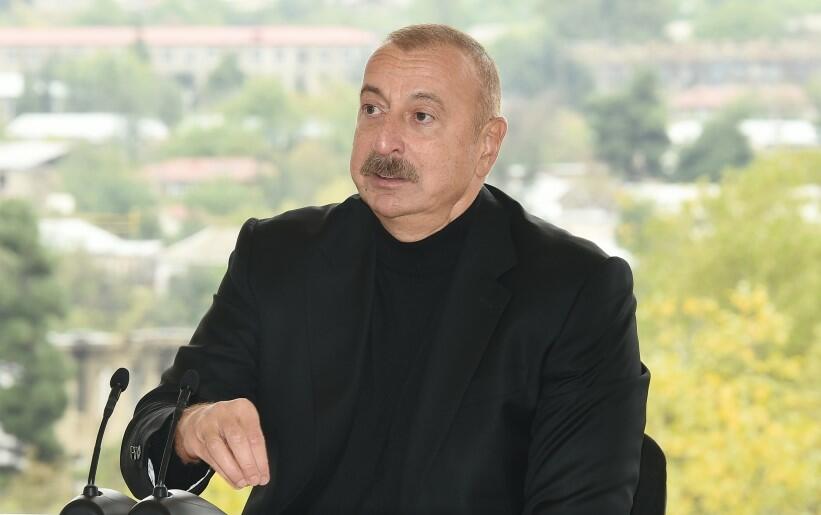Prime Minister of the Republic of Armenia Nikol Pashinyan has once again confirmed Yerevan’s readiness to sign the agreed peace agreement with Baku.
Axar.az informs Pashinyan made the statement during his speech at the “Yerevan Dialogue” conference, where he briefed Armenian and international guests on the latest developments regarding the peace agreement between Armenia and Azerbaijan.
The prime minister recalled that Yerevan and Baku have completed negotiations on the text of the peace agreement, and Armenia has repeatedly expressed its readiness to sign the agreed document.
"Azerbaijan links the signing of the agreement to two issues. The first is the dissolution of the OSCE Minsk Group. The OSCE Minsk Group was created as a platform for negotiations between Armenia and Azerbaijan. I must say that the dissolution of this structure is acceptable to us, and we are ready to move forward. But on the other hand, we want to make sure that both we and Azerbaijan interpret the situation in the same way. We want to be certain that Azerbaijan does not intend to close the conflict on its own territory only moving it to Armenian territory," the prime minister noted.
According to Nikol Pashinyan, unfortunately, in recent years Azerbaijan has started referring to about 60 percent of the sovereign territory of the Republic of Armenia as the so-called "Western Azerbaijan."
“We have repeatedly stated that there can be no Western Azerbaijan on Armenia’s sovereign territory. We propose signing a peace treaty and simultaneously appealing to the OSCE to dissolve the Minsk Group structure. I believe this is a constructive proposal — to have both documents on the table and sign them at the same time, in the same place,” Prime Minister Pashinyan said.
According to the Prime Minister, the next issue raised by Azerbaijan concerns provisions in the Constitution of the Republic of Armenia. The Azerbaijani side claims that it contains territorial claims against Azerbaijan.
“In general, it is clear that neither side should have any territorial claims against the other, and this is a very important precondition for peace,” Nikol Pashinyan noted.
He added that the only body that can officially interpret the contents of Armenia’s Constitution is the Constitutional Court of the Republic of Armenia. Pashinyan informed attendees that last year, Armenia and Azerbaijan managed to sign the Terms of Reference for the work of the border delimitation commissions, which represents the first document signed between the two countries.
The Prime Minister noted that in September of last year, the Constitutional Court of the Republic of Armenia stated that the aforementioned provision and the underlying Alma-Ata Declaration fully comply with the Constitution of Armenia.
He explained that the Alma-Ata Declaration, signed in 1991 by 11 republics of the former USSR, has two main meanings: “The Soviet Union ceases to exist, and the signatory parties become independent states, recognizing each other’s territorial integrity, inviolability of borders, sovereignty, etc. Therefore, the Constitutional Court of Armenia concluded that the Alma-Ata Declaration fully aligns with Armenia’s Constitution. This means that the Constitution of Armenia does not contain any territorial claims against any neighbor, since the declaration implies that the territories of independent Armenia and Azerbaijan correspond to those of Soviet Armenia and Soviet Azerbaijan,” the Armenian Prime Minister clarified.
Nikol Pashinyan added that the text of the peace agreement between Armenia and Azerbaijan already includes a provision stating that the former Soviet administrative borders become the respective international borders between the participating states, which is recognized by both parties.
The Prime Minister of Armenia also noted that the peace agreement contains a clause under which Armenia and Azerbaijan recognize each other’s territorial integrity and agree not to have any territorial claims against one another in the future.
According to the Prime Minister, the agreement also includes a provision stating that neither side can invoke its domestic legislation to avoid fulfilling the terms of the agreement.
“These nuances are very important, because under Armenian law, once the agreement is signed, we are required to submit it to the Constitutional Court to verify its compliance with the Constitution of Armenia. If the Court rules that the text of the peace agreement between Armenia and Azerbaijan does not comply with the Constitution, although our experts believe it is unlikely the Court will reach such a conclusion, we will find ourselves in a very specific situation in which we must make a decision.
In that case, I will initiate constitutional amendments, because the peace process and agreement must not be missed, and we will try to convince our society that these changes are necessary to achieve a lasting and sustainable peace.
But if the Constitutional Court rules that the document fully complies with Armenia’s Constitution, then there will be no obstacles to its ratification in the National Assembly, after which it will acquire the highest legal authority in Armenia,” the Prime Minister of Armenia stated.
At the same time, Pashinyan reminded that the Constitution of Azerbaijan contains certain territorial claims against the Republic of Armenia. “But we did not raise this issue, as we believed it would be resolved during the signing of the agreement,” he added.
According to him, some experts believe that Azerbaijan is trying to delay the signing. “Signing the agreement resolves all possible problems — both for Armenia and for Azerbaijan. The focus must be on signing. I, our government, and our political team are ready to move forward and take our share of responsibility to achieve lasting peace in the region,” Pashinyan stated.
